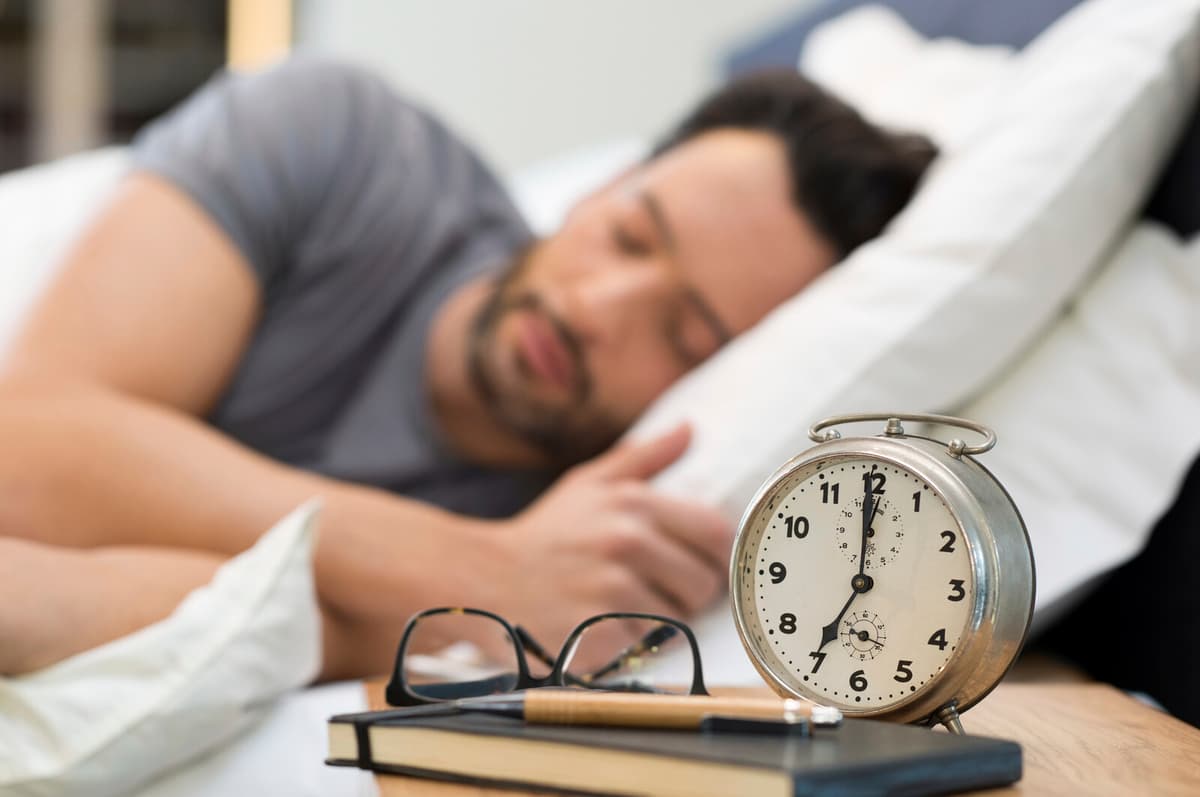During the summer vacation, many people take the opportunity to embrace the fact that most of us are evening people. We night owls more and sleep in a bit extra in the morning. This applies especially to young people, who have a biological clock with a naturally later circadian rhythm.
Evening people's biology works a little better with the free times of summer. They match better with what their bodies feel good about, says Johanna Garefeld, doctor of public health science.
The shift in circadian rhythm is not harmful, but the return to everyday life can be tough. We are affected by social jetlag when we turn back the circadian rhythm too quickly, in the same way as when we travel across time zones.
Take small, gentle steps
Social jetlag is something we create ourselves with our behavior, for example when we sleep in on weekends and have trouble falling asleep on time on Sundays. On Mondays, we wake up and have slept too little, explains Johanna Garefelt.
Our inner, biological clock simply gets out of sync with the regular clock,
Shifting the circadian rhythm on vacation can correspond to the jetlag you get from a trip across the Atlantic.
The time difference to São Paulo is five hours and it's not uncommon for both adults and young people to shift their circadian rhythm so much on vacation.
The best way to adjust the time again is to do it gently and in small steps. Then the body does not notice the change as much.
Start by setting the alarm clock 20 minutes earlier than you normally get up. Then the body has time to build up a sleep pressure until the evening so you can fall asleep more easily when you go to bed a little earlier, says Johanna Garefelt.
Consider the teenager
The next morning, you set the alarm clock another 20 minutes earlier and continue until you are back on your regular wake-up time.
Let the adjustment take a few days, depending on how much you have turned the day around. The more you have turned the day around, the more days you need to shift back.
For a teenager who has really turned the day around, this transition can take a week.
As a parent of a teenager, it's important to take into account that teenagers biologically have trouble going to bed on time.
The worst thing you can do is to lie awake and worry about not falling asleep or being tired the next day:
Humans are very adaptable and can handle periods with less sleep. The body makes up for it by prioritizing deep sleep, says Johanna Garefelt.
How you help your body adjust the day
TT
Go to bed 20-30 minutes earlier and get up just as much earlier every morning. Add 20-30 minutes more each day until you are back on your regular wake-up time.
Let this adjustment take a few days up to a week, depending on how much you turned the day around.
Don't lie in a dark bedroom, but make sure to get daylight as soon as possible after the alarm clock has rung. The light turns off the sleep hormone melatonin and tells the brain that it's daytime.
To fall asleep more easily, you should avoid heavy meals close to bedtime.
The same applies to tough training. It gives an adrenaline boost that makes it harder to fall asleep. On the other hand, it's no problem to take a late evening walk.
Social jetlag is the difference in a person's sleep pattern between weekdays and weekends.
The term was coined by the German researcher Till Rønneberg, 2006.
Turning the day around during the weekend or vacation disrupts the circadian rhythm, leading to increased fatigue and sleep deprivation at the beginning of the week, especially on Mondays.
Source: Johanna Garefelt






